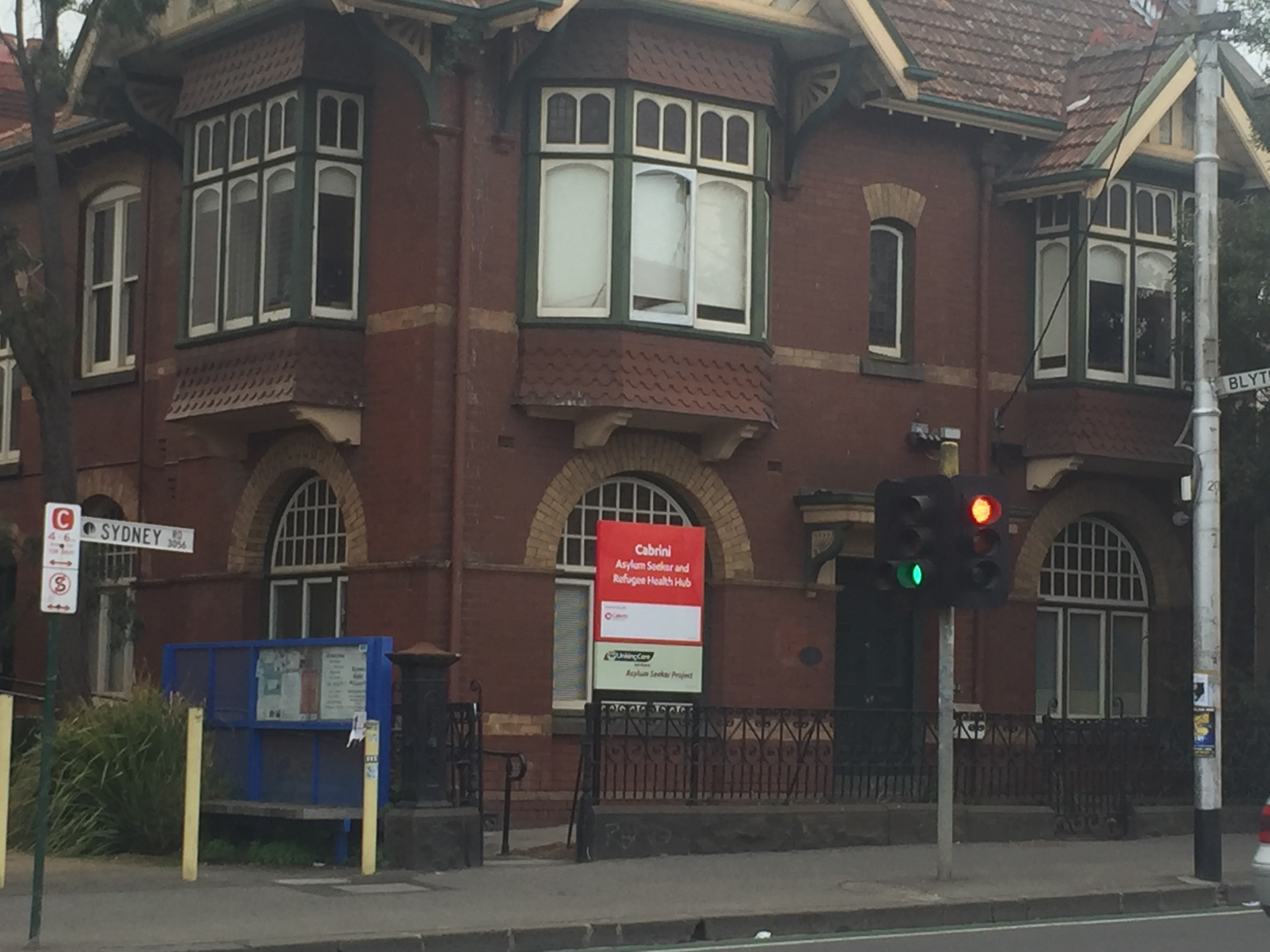by Lisa Divissi | @lisadivissi
Asylum seekers in Melbourne’s north now have convenient access to healthcare services, thanks to a new initiative fro, Cabrini Health.
The Cabrini Asylum Seeker and Mental Health Hub on Sydney Road, Brunswick will take a holistic approach to healthcare by centralising a range of services.
Asylum seekers will have access to healthcare professionals for chronic disease management, maternal and children’s health, general medical and specialised mental health care.
The hub is the first of its kind to be established in the city’s north. Other centres in Melbourne include the Asylum Seeker Resource Centre in Footscray and Monash Health in Dandenong.
The centralisation of healthcare providers will allow asylum seekers to access multiple services without the need for travel. The Mayor of Moreland, Councillor Samantha Ratnam said the “cluster-type” model is a “strength of this program”.
“Often the ability to travel is a barrier to somebody seeking treatment,” she said.
“We’ve seen some people who don’t do their follow up appointments just because they can’t afford their train ticket.”
The new hub will give Medicare ineligible asylum seekers priority access to healthcare services for free. Councillor Ratnam said Cabrini’s new health centre will ease the burden of existing refugee healthcare providers.
“It’s amazing to see a big organisation coming and putting their voices behind it because it takes the pressure off those services which are at capacity.”
Cabrini, a charitable Catholic institution is working with St Vincents Hospital to recruit General Practitioners who will volunteer their services at the facility. St Vincents will also provide the hub with access to pathology and medical imaging pro-bono.
“The vision is that if we provide infrastructure it will enable people to provide services,” said Catherine Garner, Cabrini’s Executive Director of Mission and Strategy.
The Hub’s specialised mental health centre will enlist psychiatrists in consultation with Professor Suresh Sundram, who helped develop the hub from its inception.
“There are very high rates of mental health disorders among asylum seekers,” he said.
“We know that if you don’t treat the disorder then all other components of health and welfare suffer severely.”
Ms Garner said the health hub is also an important symbolic step for Cabrini as an organisation.
“The original story is the sisters were invited to Melbourne in 1948 to look after the Italian immigrants who were coming into Melbourne then,” she said.
“Our current strategy is we really need to reclaim our heritage and return to our roots and be definite about our responsibility to help those in need.”
Professor Sundram said the funding of The Cabrini Asylum Seeker and Mental Health Hub by a catholic organisation would have no bearing on how healthcare is provided.
“It’s absolutely secular in the care we provide,” he said.
“Health care is health care. It’s not determined in any way shape or form by religion.”
The Cabrini Asylum Seeker and Mental Health Hub will open its doors to clients in May.


